It may seem obvious that engagement in a food cooperative changes the way people relate to food. But if we are to fix our broken food system, we need to be reminded of the great opportunities that come from engaging with the food system. Let me start by introducing a food cooperative located in Oslo, Norway.
A re-imagined supply chain in Oslo
Oslo Kooperativet is a member owned and operated food cooperative that promotes organic small-scale food production in Norway – for the health of the soil, farmers, and future. The idea started when the founders realized that a few large retailers in Norway held all the power in the food supply chain. This model made the producers and consumers losers in the supply chain. The founders imagined a food system where producers and consumers could be directly connected and they built the organization on ten principles. The principles are based on care for others and the environment and these principles guide the organization.
How does it work?
On a bi-weekly basis, Kooperativet buys goods from local, small-scale farmers who use organic and biodynamic agriculture production methods. The goods are then distributed to the organization’s members who live in the city. The concept itself seems simple. However, it actually requires a great deal of work.
As it is based on volunteer work, Kooperativet needs its members to give time and energy to the organization. All 1,000 members are crucial for the success of the organization but there is a handful of members who make this volunteer model work. These members are the heart of the organization. They plan events, manage communications, maintain relationships with farmers, order and distribute the goods. The participation of these core members keeps the organization alive.
A self-reinforcing cycle
The core members invest a lot of themselves in the organization. The values of the cooperative – care for others and the environment – becomes tangible via their work in the organization. For example, many of the core members said that they first joined the cooperative because they care about the health of the planet – stating that organic, diverse, biodynamic farms are more ecologically sustainable. Over time and through active participation they have built relationships with the farmers. Their concern for the health of the planet is now complemented by a concern for the wellbeing of the farmers. Their active involvement in the Kooperativet has strengthened their care for others and the environment. They have a concrete connection to farmers and production practices. As a result, they invest additional effort to ensure that the Kooperativet operates according to those same principles.
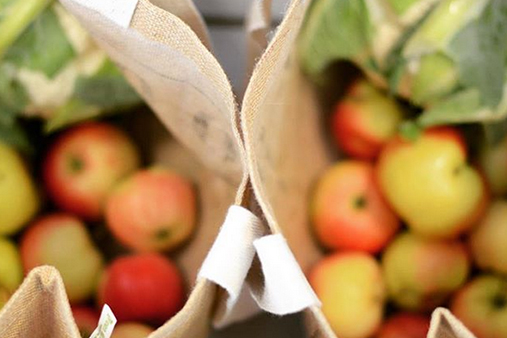
Food: from product to process
The perspective and values the core members adopt through their participation changes the way they talk about food and themselves in relation to the food system. They speak about themselves and food as connected to greater processes. For instance, when asked about the produce from the cooperative, they did not talk about what their favorite thing was, or what flavors they enjoyed, or what they wished they could have more of. Rather, they talked about all the processes related to food; such as what can realistically be grown at different times of the year and how farmers handle this. They explain how they try to match the farmers’ supply with member’s expectations. For the core members, food is no longer a single item or commodity but is a part of the much larger processes of production, negotiation, procurement, distribution, and consumption.
Solution: a process not an endpoint
The principles, based on care for others and the environment, are woven into the processes of the organization. These processes are constituted by open, discursive, respectful, and inclusive dialogue between all actors. This reinforces the idea that there is not one right way to do things. Importantly this does not result in rigid rules but creates ongoing, dynamic development that requires time and flexibility as situations change. This may not be efficient nor simple but that was never the point. Kooperativet was founded on the idea that the food supply chain could be reimagined in a way that considered all stakeholders in the network. As one member said, “Kooperativet is not a service, it a community”. This model is based upon participation, engagement, and connection between members, producers, and consumers. The currency here is time, energy, and commitment.
Complexity = Opportunity
Food systems and our relationship to food are complex. This complexity may seem overwhelming but it also offers opportunities. By engaging with food, values that are important to you can deepen, and your understanding of food can shift. You may find that food connects you to others in meaningful ways. You may enjoy being part of the processes that bring food to your table.
Fixing the food system requires complex and diverse solutions. Understanding that sustainability and justice are processes that we can take part in - and not objectives to achieve - has the potential to change the way we choose to spend our time and energy. Get involved with food and be part of the solution!
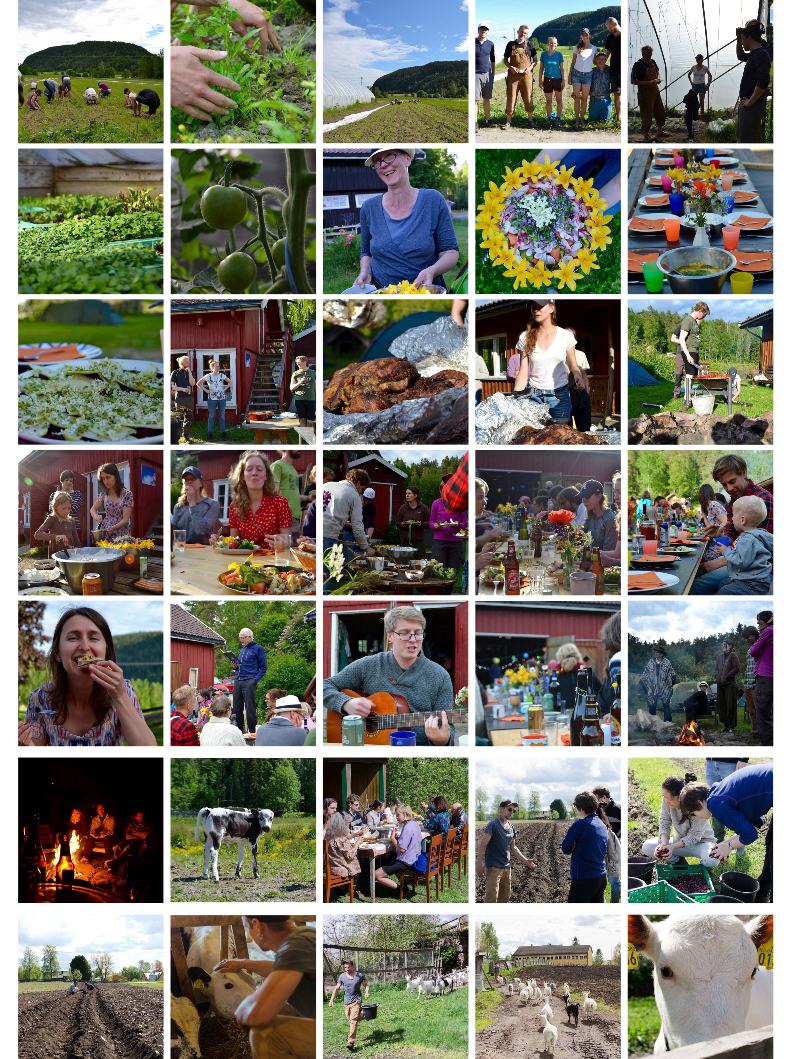
Erin Dumbauld has just submitted her Master thesis "Ways of Knowing Food" at SUM, UiO. It will be available at the DUO Research Archive shortly.


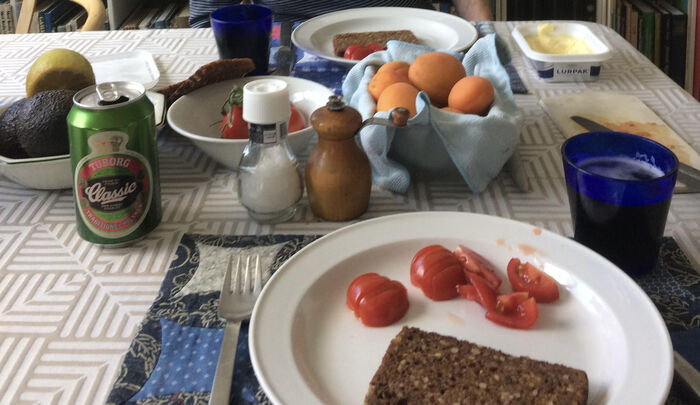
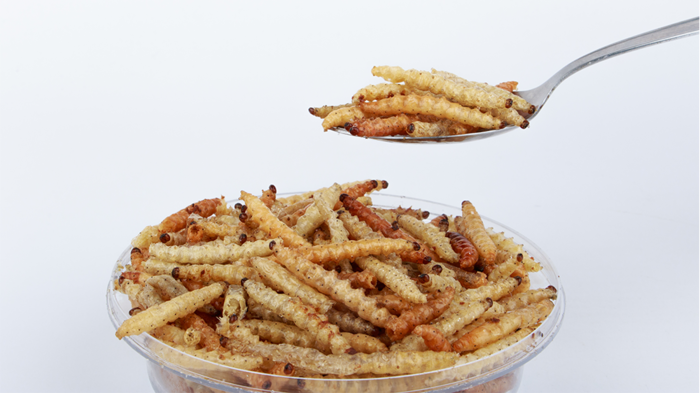
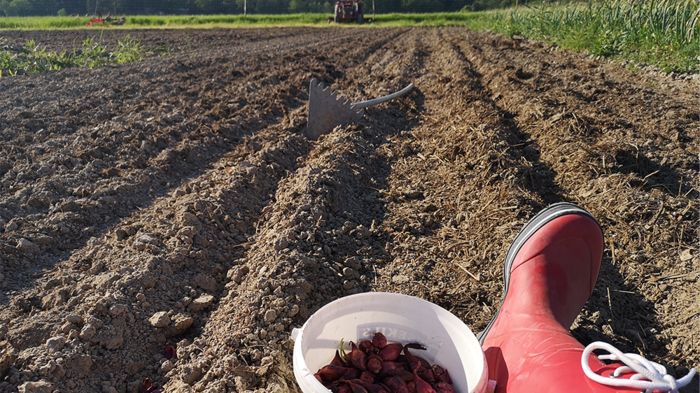
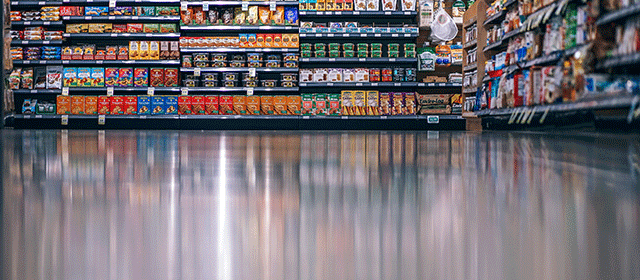
Logg inn for å kommentere
Ikke UiO- eller Feide-bruker?
Opprett en WebID-bruker for å kommentere